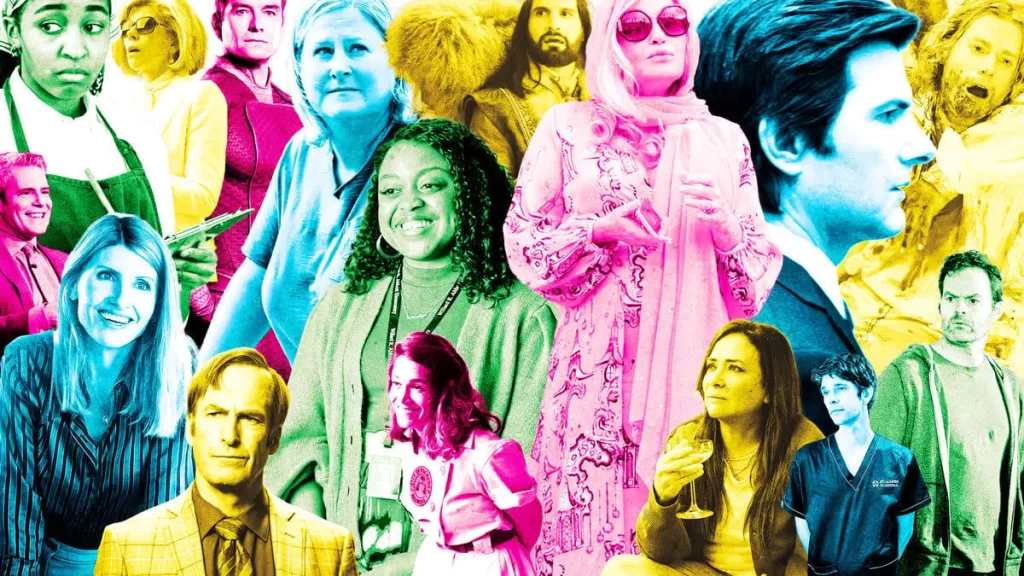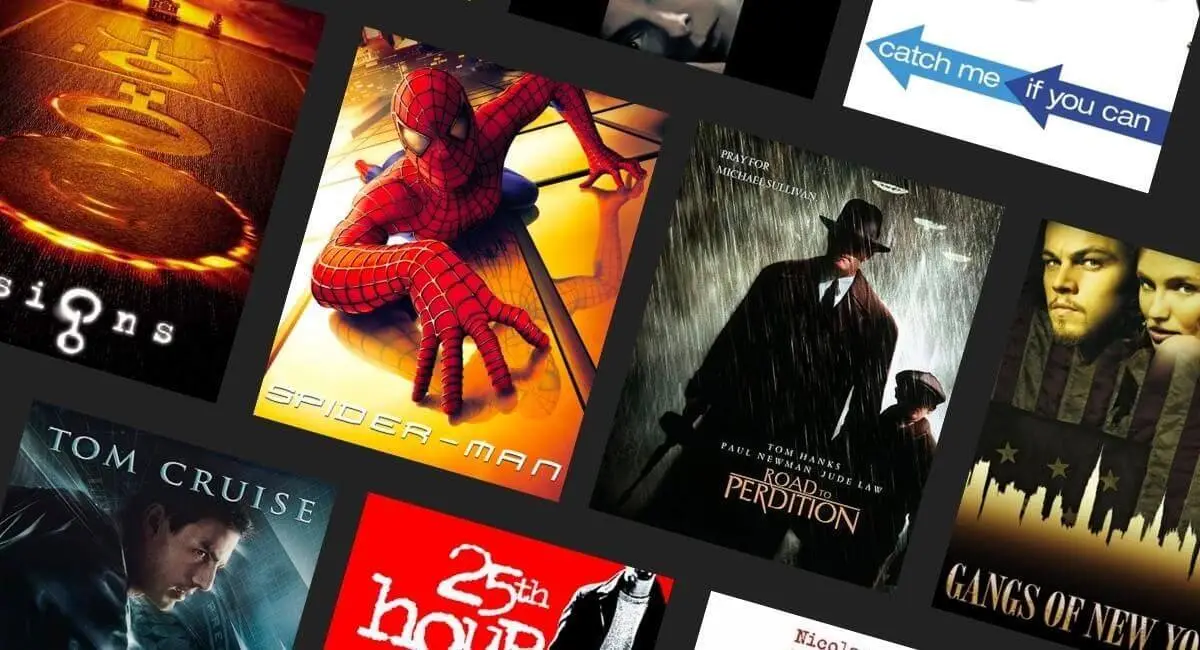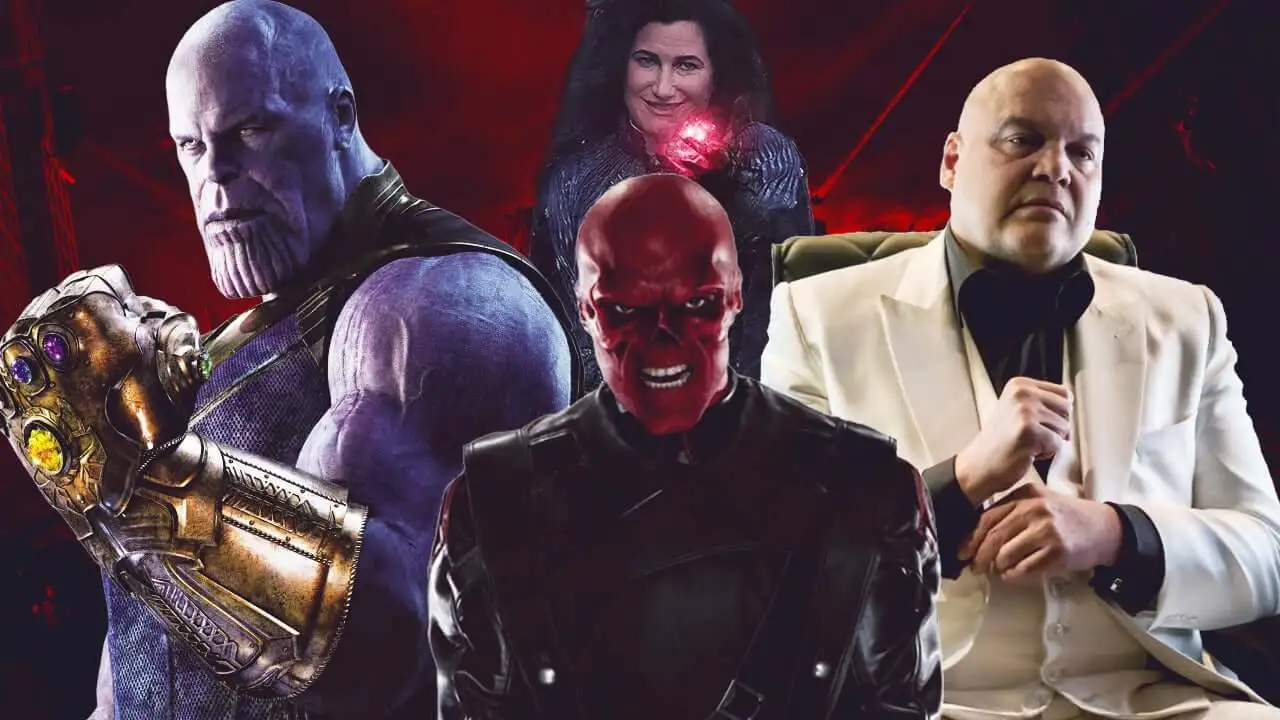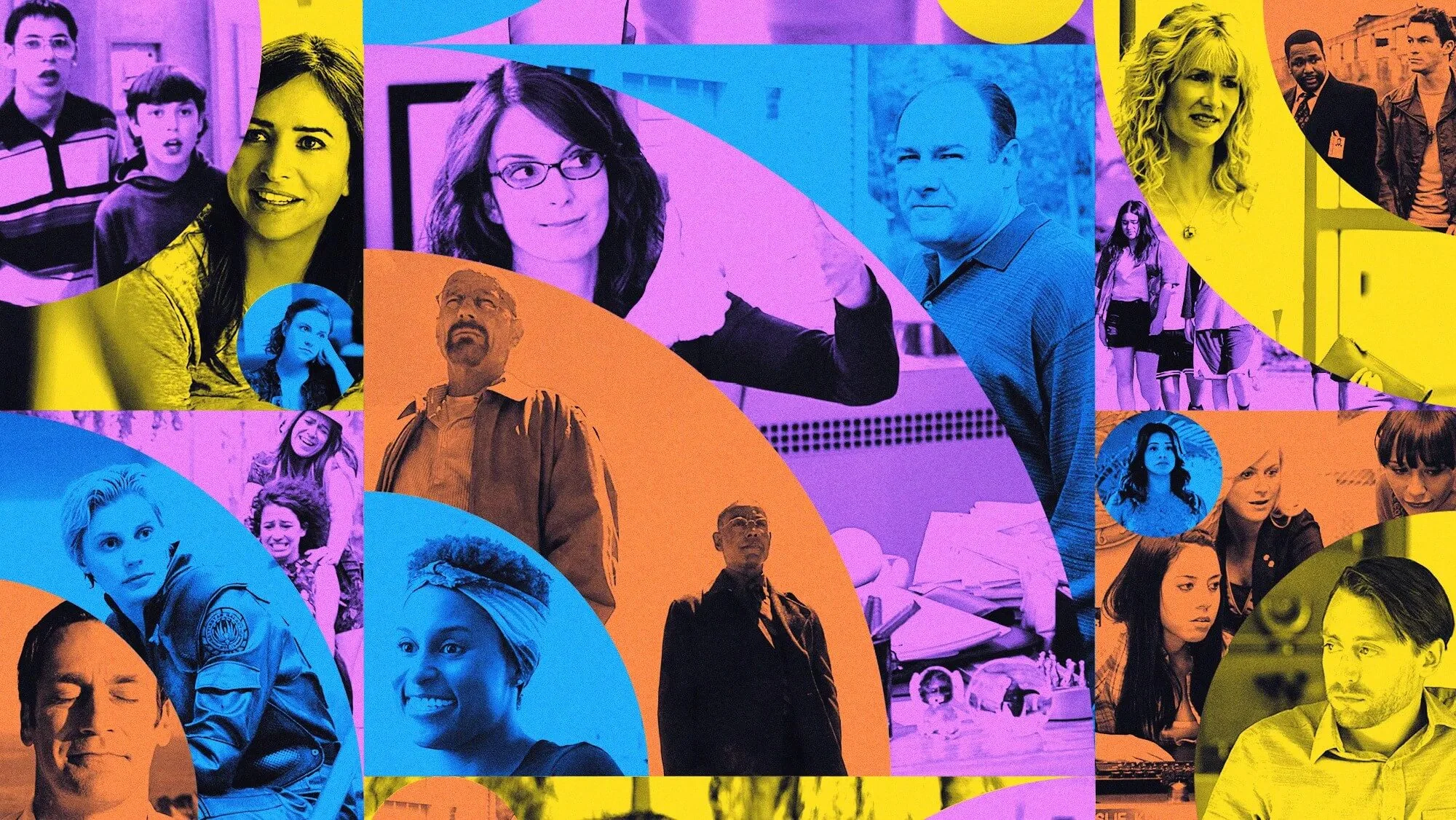TV Shows Criticized for their Portrayal of Mental Illness
The portrayal of mental illness in television shows is a complex issue, as some depictions help reduce stigma while others have faced criticism. This blog will examine some TV programs that have been scrutinized for their portrayal of mental illness. Analyzing both positive and negative representations can provide lessons for improving how conditions are shown to mass audiences.

Content
13 Reasons Why
One of the most heavily criticized shows is 13 Reasons Why. The portrayal of Hannah Baker’s suicide and its graphic depiction faced widespread backlash from mental health experts. They argued it riskfully glorified or romanticized suicide and could influence vulnerable youth. The show was also slammed for simplifying the complex causes of Hannah’s mental illness and suicide.
Atypical
While Atypical brought welcome attention to autism, some felt it fell short in its portrayal. Critics argued the protagonist Sam’s high functioning depiction promoted stereotypes and did not accurately represent the full spectrum of autism experiences. Concerns were also raised that it focused too much on Sam “fitting in” rather than accepting neurodiversity.
Girl, Interrupted
Girl, Interrupted was criticized for perpetuating damaging stereotypes about people with borderline personality disorder. Mental health advocates argued the film depicted those with BPD as untreatable, manipulative, and dangerous without nuance. They felt it promoted a harmful “crazy woman” trope rather than understanding.
Homeland
While Homeland’s depiction of Carrie Mathison’s bipolar disorder was praised, some faulted the show for sensationalizing and exploiting her mental illness for drama. They argued it reduced her to her condition and showed an unrealistic portrayal of bipolar experiences. There were also concerns it promoted the harmful idea that those with mental illness cannot have stable careers or relationships.

Narcos
Narcos faced backlash for its portrayal of Pablo Escobar’s psychiatrist as a “mad genius.” Critics argued it irresponsibly glorified and normalized his sociopathic behaviors. They felt it risked promoting harmful assumptions that people with antisocial personality disorder cannot be held accountable for their criminal actions due to their condition.
Portrayal of Eating Disorders
Many shows have received criticism for their depiction of eating disorders. Critics took issue with how shows like Tiny Pretty Things and Insatiable portrayed eating disorders as glamorous or a way for characters to achieve their goals. Experts argued these portrayals promoted unhealthy and dangerous assumptions that could negatively influence those struggling with eating disorders.
Portrayal of Personality Disorders
Beyond BPD, other personality disorder portrayals have faced scrutiny. Critics argued shows like You and Dexter promoted harmful assumptions by depicting characters with antisocial or narcissistic traits as unrealistically charming or misunderstood rather than as having serious conditions requiring treatment. There were concerns these portrayals could reduce understanding and increase stigma.
Portrayal of PTSD
While shows like Homeland brought attention to PTSD, some argued they relied too heavily on trauma and hyperarousal symptoms for drama. Experts noted this risked furthering stereotypes that those with PTSD are constantly re-experiencing their trauma through flashbacks. They stressed the importance of also showing management techniques and the ability to function between episodes.
Lessons for Improving Portrayals
There are lessons to be learned from both positive and negative portrayals. Experts stress the importance of accurate, non-stigmatizing, and nuanced representations. Those developing shows must consult with mental health professionals to ensure ethical and responsible depictions that do not exploit illnesses or promote harmful assumptions. The goal should be raising understanding rather than drama or ratings.

Conclusion
In conclusion, while television can help reduce stigma, irresponsible depictions risk furthering misunderstanding and harmful assumptions. With care and consultation, shows have great potential to educate and raise understanding of mental illness. But some programs deserve criticism for prioritizing drama over authenticity.
FAQs
What steps can shows take to improve their portrayal of mental illness?
Shows can have mental health consultants review scripts, portray a range of experiences, focus on hope/recovery not just symptoms, avoid using mental illness as a plot device, show management strategies, and feature advocacy groups/treatment information. Authenticity and avoiding harmful stereotypes are key.
How can viewers assess whether a show’s portrayal is responsible or promotes stigma?
Viewers should consider if the depiction is nuanced/multidimensional, avoids oversimplifying causes/experiences, doesn’t glorify/exploit the condition, shows hope/treatment options exist, and features an accurate diversity of experiences. Portrayals that reduce people to their diagnosis or promote unrealistic assumptions can promote stigma.

Meet Andrew, the entertainment enthusiast. He’s your go-to for movie reviews, TV series insights, and the latest on Hollywood’s rising stars. Join him for a dose of pop culture magic.















